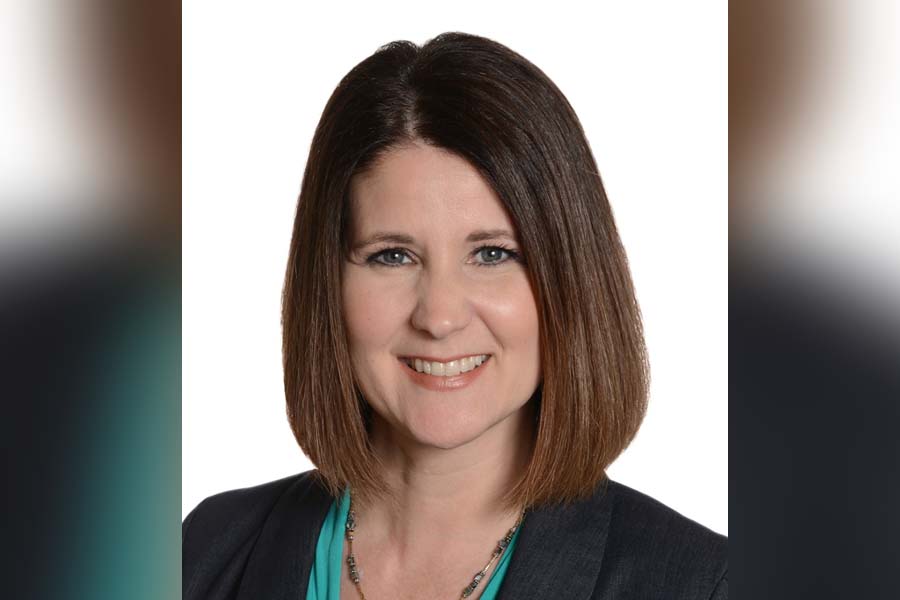What is your current role in health care?
“I’m the Vice President of Operations for the HealthPartners organization, and I support operations across Minnesota and Western Wisconsin. I am responsible for primary care and all of our urgent care clinics. I support ambulatory nursing across the care group, along with our clinics and our well-at-work programs. I also support care coordination. In our ambulatory setting and our hospital settings, I support all the laboratories for the system, both inpatient and outpatient.”
What stands out as a favorite memory during your time as an MHA student?
“The people were just wonderful, with different backgrounds and all kinds of diverse perspectives and opinions. I loved Dr. Christianson’s class – Health and Health Systems. We had to read hundreds of articles and write many papers, but I learned a ton from that class. We would have folks bring in a real work problem that they were struggling with, and then the class would advise them on how to approach it.”
How has the MHA Program helped prepare you for your career?
“I think the MHA executive program for me was very timely with the role that I was in. We were addressing real issues that were happening in the field. We had resources and information that was a part of the current landscape so anytime I did an assignment, I could take that back and apply it actually to the work that I was doing. Secondly, I think the networking and the connections that you make are vital. I now have people across multiple industries in healthcare that I can reach out to anytime to get advice or support if I’m struggling with something.”
What challenges and opportunities will healthcare leaders encounter in the next 5-15 years? What skills will leaders need to be successful in light of these challenges and opportunities?
“Starting with opportunities, I feel like healthcare is getting moved back to the home. I also feel like the use of genetics and personalized medicine is going to have a big impact on our future, both in our preventive screening and in targeted therapies and drugs that will work for that individual. I think for struggles, we all are going to have to face reimbursement issues. I also think that the workforce shortage has been significantly highlighted during the pandemic.
I think that all healthcare leaders need good problem-solving skills. I think it’s fundamental to have a really good understanding of healthcare finance. Leaders should understand how investments in one area deliver downstream revenue to another because if you just look at it from your slice of the world, you won’t see the whole picture. The last thing is just recognizing and being watchful for what the trends are and then being able to create strategic partnerships with others to help position you for the future because we can’t do it all in healthcare.”
If you could give one piece of advice to a current student, what would it be?
“Be versatile and be willing to take the time to understand and learn things. And as a leader, I am not just looking for someone with a degree. I’m looking for someone with experience. I would tell students to be thinking about what skill sets they need to acquire to deliver results and be open to the opportunities presented.”
Why is your class the best class ever?
“Cohort six is definitely the best class ever. The diversity and talent of the people we had in our cohort were just phenomenal. We had really heated discussions, we pushed each other to think differently, and we had senior leaders across major organizations.”

